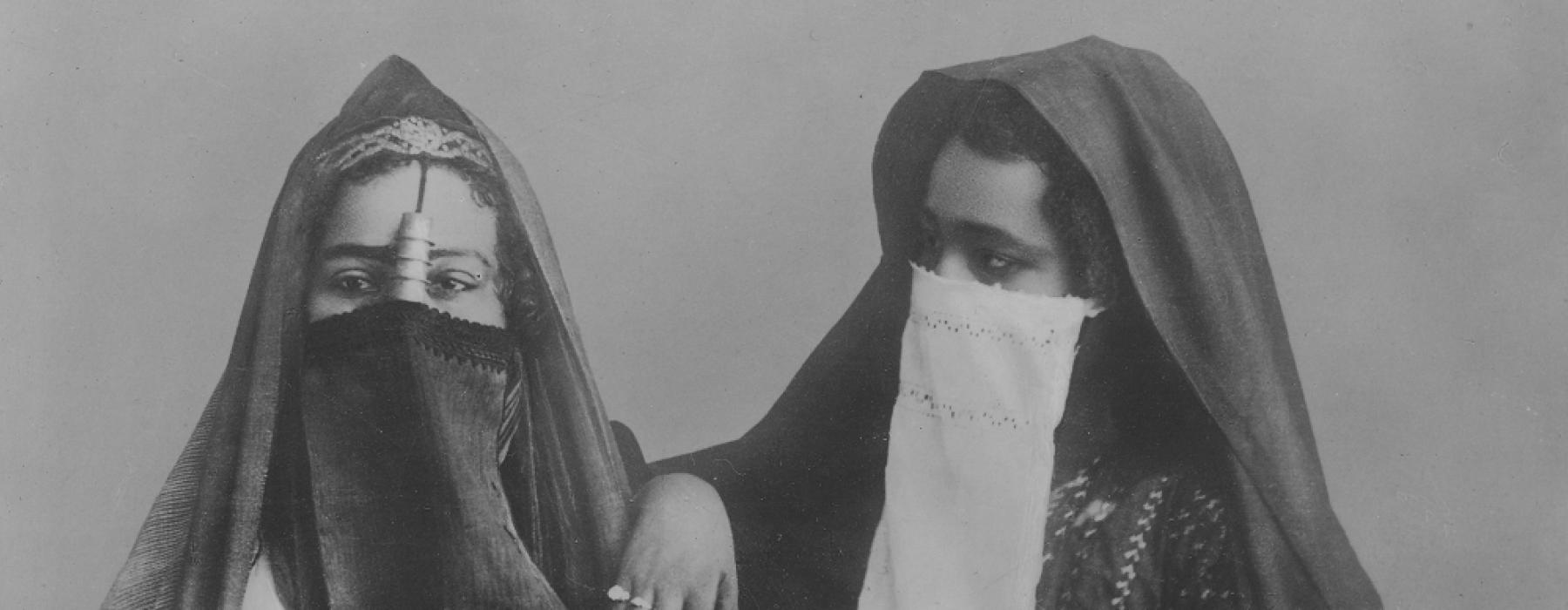
Our meeting shall take place in a setting that follows the rules that correspond to current Covid-regulations, on Thursday afternoon 15 October from 14.00-17.00 and Friday morning 16 October from 9.30-13.00 in Leiden at Museum Volkenkunde. On the second day we start working in small groups to test and discuss methods of intersectionality in the context of the Black Lives Matter movement and especially the worldwide demonstrations that have and continue to take place since the tragic murder of George Floyd on 25 May this year. How did the Dutch museum and heritage field in The Netherlands respond? How did intersectional approaches, instruments or methods play a role (or not, or not enough)? What questions, issues and dilemmas came up (in relation to intersectionality, togetherness and solidarity), and how have you and your colleagues been dealing with them?
Given the current care around Black Lives Matter, we hold on to the pragmatic hope that institutional practices do and can change, in the interest of a more inclusive society. If one takes feminist struggles as a starting point, we must acknowledge the gains of feminism in informing how we struggle to make progress notably for beings whose presence in the public sphere is still (un)welcomed with misunderstandings, and the violence associated with these misunderstandings. To acknowledge that things may have changed for the better is tactical, as such a gesture is crucial to knowing which battles we are fighting. More simply stated: to say that things have improved does not negate the battles we have to fight.
In our struggle for togetherness, we invite you to bring with you concrete examples for discussion, such as mission statements, policy plans (collection or hiring, etc.), or an agenda set by your institution. The point here is to connect micro and interpersonal practices of solidarity and allyship to their scaling up in professional practices (the 6 P's: programming, partners, personnel, public, personal, collection/pronkstuk). After a plenary session on the discussions in groups, we will end our second field lab with some reflections that can feed our professional practice.
